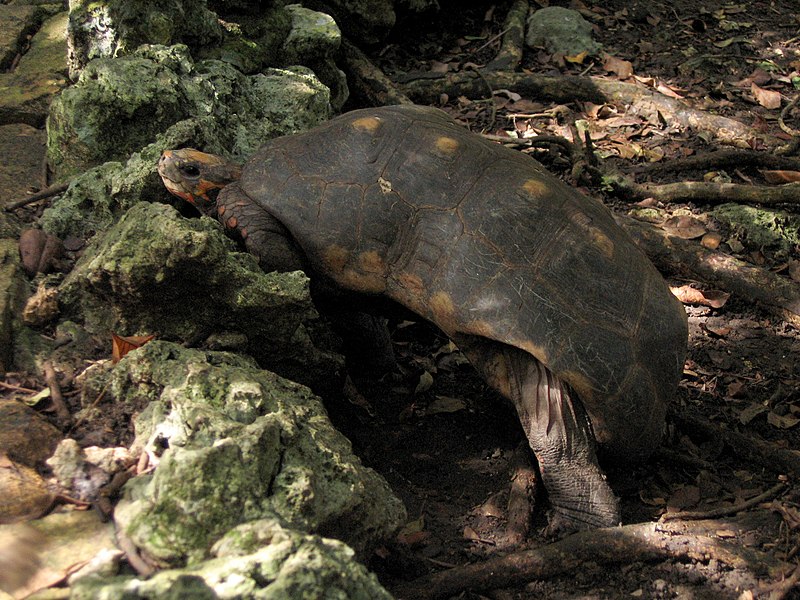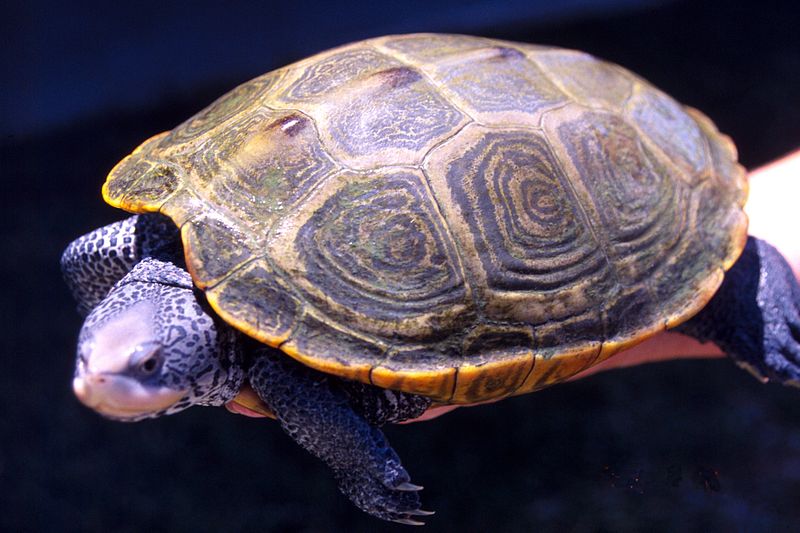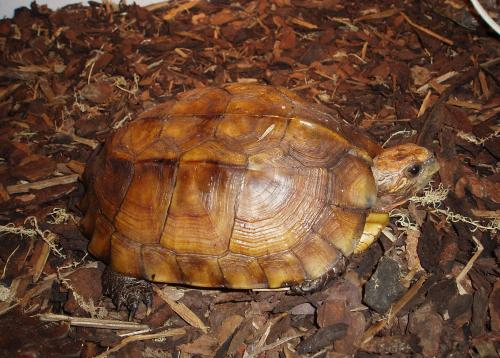One of the most common and serious problems faced by turtle keepers involves female turtles (mated or unmated) that develop eggs but refuse to deposit them in the terrariums or aquariums in which they live. While this can be the result of any number of health problems (i.e. low calcium levels, tumors), the lack of an appropriate nesting site is more often than not the cause.
Retained Eggs
It’s very difficult to keep turtles, especially semi-aquatic and aquatic species, in an enclosure that allows for year-round access to a nesting site. Providing a terrestrial nesting site, as well as adequate swimming space, usually involves the use of a pool or pond as opposed to an aquarium. Read More »
 That Reptile Blog – Reptile, Amphibian and Exotic Pet Care and Information
That Reptile Blog – Reptile, Amphibian and Exotic Pet Care and Information




